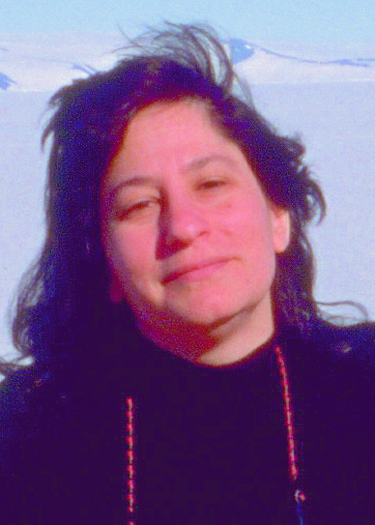Speaker: Susan Solomon
 Susan Solomon is widely recognized as one of the leaders in the field of atmospheric science. She was a scientist at NOAA in Boulder, Colorado from 1981-2011, and has been an adjunct
Susan Solomon is widely recognized as one of the leaders in the field of atmospheric science. She was a scientist at NOAA in Boulder, Colorado from 1981-2011, and has been an adjunct
professor at the University of Colorado from 1982present. She is well known for having pioneered
the theory explaining why the ozone hole occurs in Antarctica, and obtaining some of the first chemical
measurements that helped to establish the chlorofluorocarbons as its cause. She is also the author of several influential scientific papers in climate science, including one on the irreversibilities of the climate change problem, and a popular book on Antarctic history, The Coldest March [selected among ‘2001 Books of the Year’ lists of the New York Times, the Economist (UK), and the Independent (UK)]. She received the 1999 National Medal of Science (the highest scientific honor in the US), as well as the Grande Medaille (highest award of the French Academy of Sciences), the prestigious Blue Planet Prize in Japan as well as the Volvo Environment Prize. She is a member of the National Academy of Sciences, the French Academy of Sciences, the Royal Society, and the Acadameia Europaea. A glacier in Antarctica has been named after her, Solomon Glacier. She served as co-chair of the climate science group of the Intergovernmental Panel on Climate Change (IPCC) from 2002-2007. Time magazine named Solomon as one of the 100 most influential people in the world in 2008.
Video of the lecture can be found here.